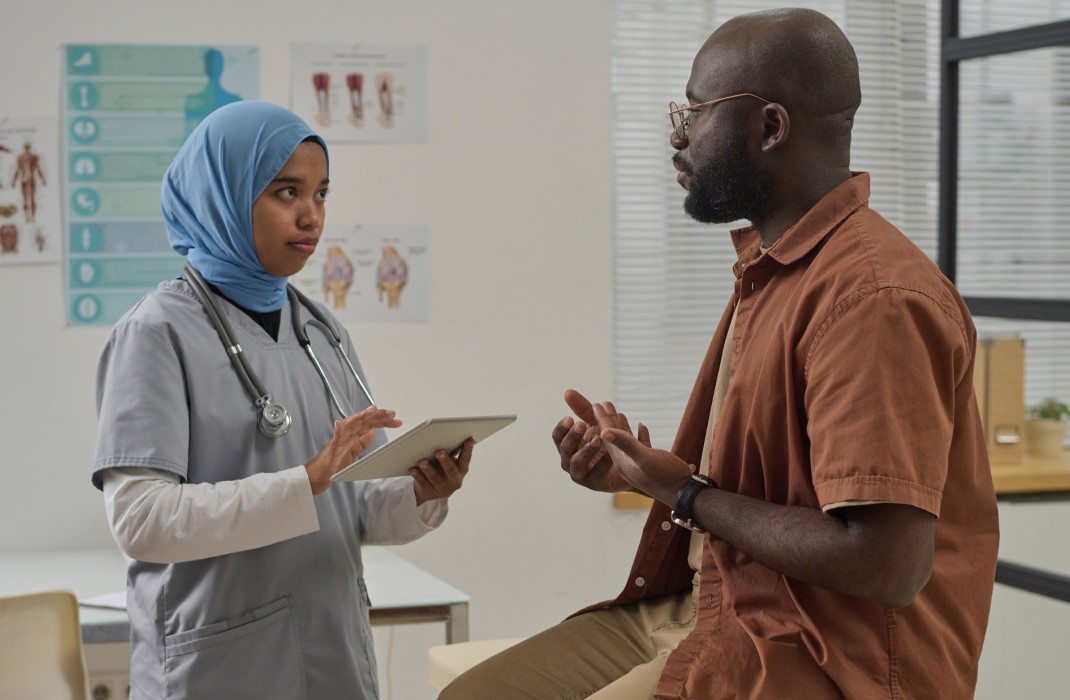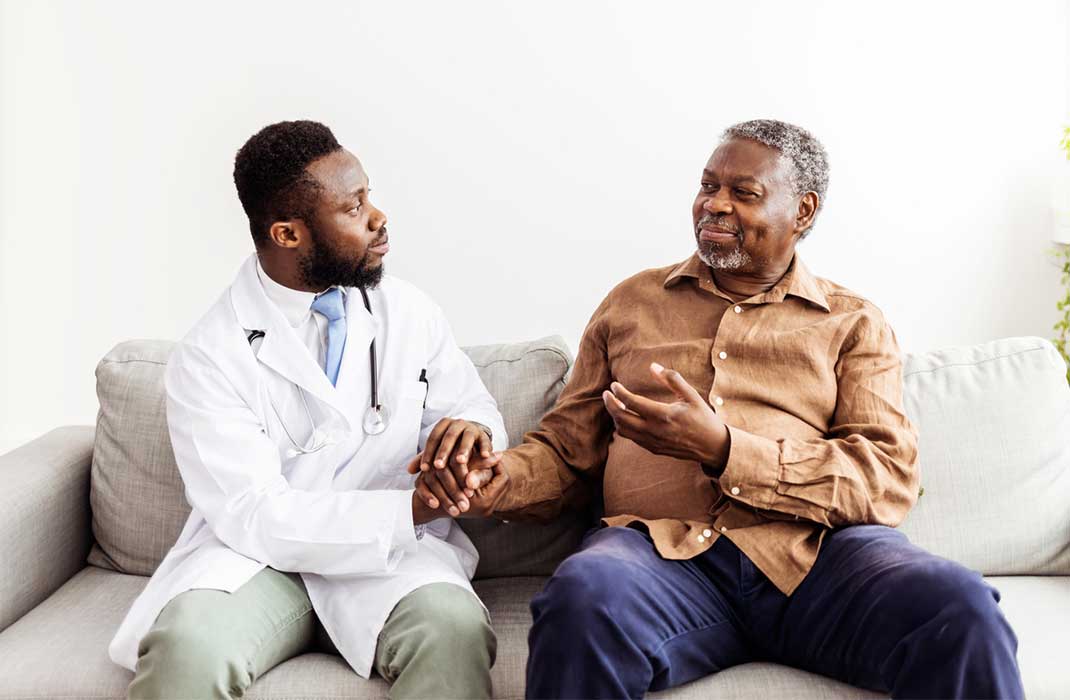-
- Find Care
-
- Visitor Information
- Find a Location
- Shuttles
- Visitor Policies
-
-
- Our Virtual Care Options
- Virtual Urgent Care
- Virtual Visits for Primary & Specialty Care
- Online Second Opinions
- Participate in Research
-
- Contact us
-
- For Innovators
- Commercialization Guide for Innovators
-
-
- Research News
- Alzheimer's Disease
- Artificial Intelligence
-
- Overview
-
- Overview
- Getting Started
- New to Mass General Brigham
- International Patient Services
- What Is Patient Gateway?
- Planning Your Visit
- Find a Doctor (opens link in new tab)
- Appointments
- Patient Resources
- Health & Wellness
- Flu, COVID-19, & RSV
- Billing & Insurance
- Financial Assistance
- Medicare and MassHealth ACOs
- Participate in Research
- Educational Resources
- Visitor Information
- Find a Location
- Shuttles
- Visitor Policies
- Find Care
-
- Overview
- Our Virtual Care Options
- Virtual Urgent Care
- Virtual Visits for Primary & Specialty Care
- Online Second Opinions
-
- Overview
- Participate in Research
-
- Overview
- About Innovation
- About
- Team
- News
- For Industry
- Venture Capital and Investments
- World Medical Innovation Forum (opens link in new tab)
- Featured Licensing Opportunities
- For Innovators
- Commercialization Guide for Innovators
- Contact us
-
- Overview
- Information for Researchers
- Compliance Office
- Research Cores
- Clinical Trials
- Advisory Services
- Featured Research
- Two Centuries of Breakthroughs
- Advances in Motion (opens link in new tab)
- Brigham on a Mission (opens link in new tab)
- Gene and Cell Therapy Institute
- Research News
- Alzheimer's Disease
- Artificial Intelligence
-
- Overview
-
- Overview
- Residency & fellowship programs
- Brigham and Women's Hospital
- Massachusetts General Hospital
- Mass Eye and Ear
- Newton-Wellesley Hospital
- Salem Hospital
- Integrated Mass General Brigham Programs
- Centers of Expertise
- Global & Community Health
- Health Policy & Management
- Healthcare Quality & Patient Safey
- Medical Education
- For trainees
- Prospective trainees
- Incoming trainees
- Current trainees
- Continuing Professional Development
Prostate Cancer Outreach Clinic Addresses Racial Inequity

The likelihood of surviving prostate cancer can depend on race. According to the American Association for Cancer Research (AACR), Black men are twice as likely to die from the condition than white men.
"Prostate cancer is extremely treatable. It’s inexcusable for a person of one race to be less likely to survive than a person from another. Having access to care makes all the difference in the world," says Adam Feldman, MD, MPH, a Mass General Brigham urologist and Director of Urologic Research in the Department of Urology at Massachusetts General Hospital.
Dr. Feldman co-founded the Prostate Cancer Outreach Clinic (PCOC) to confront this alarming disparity in prostate care. In this article, he explains how the PCOC can make prostate cancer care more equitable.
What is the Prostate Cancer Outreach Clinic?
Mass General Brigham launched its United Against Racism initiative in 2020 to address and dismantle systemic racism across health care. In 2022, the initiative funded the PCOC as a collaborative effort between the Departments of Urology at Brigham and Women’s Hospital and Mass General to provide men of color better access to prostate cancer care.
The PCOC offers prostate cancer education, screenings, and treatments for patients without access to proper follow-up care. The clinic is a virtual and in-person service, offering support to vulnerable patients at three different locations:
- Massachusetts General Hospital
- Brigham and Women’s Hospital
- Brigham and Women’s Faulkner Hospital
Patients are screened for prostate cancer prior to an initial consultation with a doctor. Screenings involve a prostate-specific antigen (PSA) test, which patients can complete at any Mass General Brigham lab. Those who need help scheduling a test can contact a community health care worker at 617-525-8731 for guidance.
How does the Prostate Cancer Outreach Clinic address barriers to prostate cancer care?
The longer men wait to receive care, the more likely prostate cancer is to spread to other parts of the body, such as the liver, bones, or lungs. The survival rate drops drastically once it spreads.
Research suggests Black men have less access to prostate cancer screenings and may experience longer delays between diagnosis and treatment. Several barriers to care, including trust, health literacy, and transportation, contribute to delays.
PCOC targets these barriers to help patients in underserved communities catch prostate cancer at its earliest, most treatable stages. The clinic:
- Restores trust in medical professionals through community partnerships, personalized care, and inclusive research
- Raises prostate cancer awareness through community education and outreach
- Provides transportation assistance to appointments and virtual care
Building trust through community partnerships, personalized care, and inclusive research
Eliminating barriers to care begins with regaining trust. For Black men, much of their distrust stems from decades-old abuse in clinical research.
One of the most notorious examples occurred in 1932, when more than 600 African American men enrolled in the Tuskegee syphilis study. Doctors from the U.S. Public Health Service never collected informed content from participants. They even withheld the best available treatment from many patients. By the time the study ended 40 years later, dozens of patients had died, and many children had inherited the condition.
Community partnerships
Research suggests Black men are less likely to report positive communication with their doctor than white men.
“Through conversations we’ve had during community outreach events, several Black men have discussed with us the distrust of the medical community due to examples from the past, such as Tuskegee,” says Dr. Feldman. “Scars from past injustices don’t heal overnight.”
PCOC recruits Black and Latinx volunteers who’ve completed prostate cancer care to share their experiences and encourage others in their community to seek cancer screenings and care. Surveys show that many Black men consider community members — such as barbers and pastors — and family members among their most trusted sources for prostate cancer information.
Some Black and Latinx men may feel more receptive to information from someone in their shared community who understands them and has a relatable experience. These volunteers can connect with patients on a personal level.
Personalized care
Community health care workers from PCOC meet one-on-one with patients referred for prostate cancer screenings or with patients already flagged with concerning screening results. The clinic schedules virtual or in-person appointments for patients with elevated PSA scores. Those without elevated scores can follow up with their primary care provider or schedule an appointment with a Mass General Brigham urologist as they see fit.
Community health care workers also assess the patient’s health insurance to determine whether the patient can receive care at a Mass General Brigham health care center. If so, they help set up an appointment.
If insurance doesn’t cover the patient’s care, the worker collaborates with a financial assistance team member to identify other institutions that accept their insurance. These workers also help book follow-up appointments, especially for patients who speak a different language. Interpreter services help facilitate communication between different languages.
At their follow-up appointments, patients work with Dr. Feldman for further diagnostic workup. This can involve removing a tiny sample of the prostate (a needle biopsy) or imaging the surface of the prostate with a MRI (magnetic resonance imaging). Once either doctor confirms a prostate cancer diagnosis, they work with the patient to establish a treatment plan inline with the severity of their disease.
Research
Over the past few decades, scientists have zeroed in on several possible genes responsible for prostate cancers. However, research has typically assessed the genes of white patients, despite evidence suggesting genetic factors unique to Black men may increase their risk of developing prostate cancer.
Without more representation in research studies, doctors may not fully understand the risks of genes unique to patients of color. PCOC volunteers who offer testimonies from participating in past research studies can help ease suspicion among potential participants, encouraging more Black men to enroll in a study.
Community-based education raises awareness of prostate cancer
The American Cancer Society suggests that men with an average risk of prostate cancer consider screening for the condition at age 50. For patients considered high-risk, such as African Americans, guidelines suggest initiating screening conversations at 45.
Unfortunately, many Black men report feeling uneducated about prostate cancer screenings. Without fully understanding troubling signs of the condition or screening considerations, patients can miss their best opportunity to treat the condition.
PCOC partners with grassroot organizations in underrepresented communities to raise awareness at events hosted at churches, community health centers, and athletic clubs. Events range from health fairs and summits to virtual gatherings. At each one, clinicians and community health care workers educate the community about men’s health screenings and answer questions or concerns about prostate cancer treatments.
Transportation assistance and virtual appointments increase access to screenings, diagnosis, and care
Prostate cancer treatments can require multiple in-person appointments. Radiation treatment, for example, may take a year or longer to complete. Even after treatment, doctors recommend regular screenings to ensure the cancer doesn’t return (a recurrence).
Patients without cars often rely on a bus or train for appointments. Instead of driving less than 20 minutes to an appointment, their commute may take an hour or longer.
A ride-sharing pilot program funded by a U.S. Department of Defense grant offers patients free transportation to appointments. The clinic offers virtual appointments to also help keep travel to a minimum. Doctors readily make accommodations, too.
Research advances at Mass General Brigham deliver lifesaving care to patients of color
PCOC outreach connects patients of color to world-class testing and treatments at Mass General Brigham Cancer Institute.
Mass General Brigham researchers have improved how doctors tailor prostate cancer treatments. Some of their most promising work involves:
- Artificial intelligence (AI) in health care: Dr. Feldman and colleagues at Harvard Medical School were the first to assess whether machine learning can improve the prediction of prostate cancer progression. The studies suggest machine learning could lead to quicker diagnoses. Mass General Brigham researchers plan to develop a model capable of predicting outcomes of certain prostate cancers.
- Drug findings: Brigham and Women’s Hospital researchers found that the chemotherapy drug docetaxel may improve the survival rate of men with prostate cancer who receive a poor prognosis.
- Advanced radiation techniques: Mass General was one of the first hospitals in the world to establish a proton radiotherapy program. The program offers proton beam radiation, which uses high-energy, focused “beams” to target prostate cancer with more accuracy than regular radiation.
Addressing prostate cancer disparities across Mass General Brigham
Several institutions across Mass General Brigham help the PCOC team better understand and address disparities in prostate cancer care.
The Center for Surgery and Public Health at Brigham and Women’s Hospital has expanded the scope of disparities to rural regions. People in such regions often live with limited transportation and lower salaries, which can heighten more common hurdles facing urban residents.
Meanwhile, the Prostate Cancer Genetics Program at Mass General has explored whether MRI screenings can detect cancer earlier in men with genetic mutations known to promote the disease. Researchers found that MRI screenings detected cancers that a PSA test or rectal exam would have missed.
“Care should not be limited to screening, surgery, or radiation,” says Dr. Feldman. “If we plan to combat decades of institutionalized racism, we need to do everything in our power to ensure patients arrive at cutting-edge treatments in the first place.”

Contributor
Related articles
-

published on
-

published on
-

published on